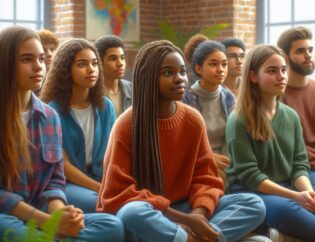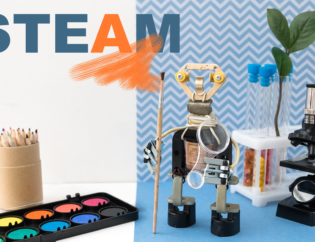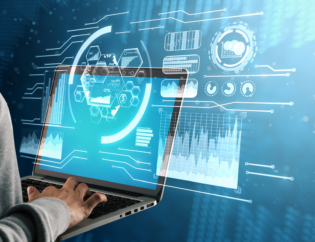
Bridging Education and Industry: Exploring Texas Gulf Coast's Small-Scale Nuclear Leap
Education isn't just about textbooks and classrooms anymore; it's about connecting students with real-world innovations. One such groundbreaking story is unfolding right on the Texas Gulf Coast, where small-scale nuclear reactors are taking the spotlight. Let's dive into how this fascinating journey can become an enriching part of educational curricula, offering students a glimpse into energy transformation, sustainability, and the business world.
Unveiling a New Energy Frontier in the Classroom
Imagine science classes that come alive with stories of innovation. The Texas Gulf Coast's venture into small-scale nuclear reactors can do just that. Students can get a backstage pass to the mechanics of nuclear reactors, understanding the intricacies that make these reactors tick. They can explore how compact designs offer unique advantages and discuss the challenges of safety and waste management. What better way to ignite their curiosity and empower their understanding of real-world science?
Eco-Lessons: Turning the Page on Sustainability
Sustainability isn't just a buzzword; it's a lifestyle. And this project aligns perfectly with environmental studies and sustainability programs. By digging into how these reactors aim to cut carbon emissions and usher in cleaner energy, students get a chance to analyze the environmental impact of innovative energy solutions. They can weigh the pros and cons, sparking lively discussions on industries' responsibilities in safeguarding our planet.
Business Meets Classroom: Economics & Responsibility
Economics isn't all about charts and graphs; it's about real-world decisions. Imagine business or economics classes where students dissect how companies like Dow invest in game-changing technologies. They can explore the financial gains of adopting cleaner energy and the potential obstacles. This real-world context transforms abstract concepts into tangible lessons about the evolving business landscape and the power of responsible decision-making.
Empowering Civic Thinkers: Government & Responsibility
How do governments, businesses, and citizens shape policies? This initiative provides a rich canvas for discussions on civic engagement and policy-making. Students can dive into the incentives governments offer for energy innovations, questioning the roles corporations play in driving sustainable practices. These conversations empower them to think critically about the nexus of governance, business, and environmental well-being.
Global Perspective: A Wider Horizon
Think beyond borders! By expanding discussions to global contexts, students can explore how other countries are tackling energy shifts. This project opens the door to comparing efforts in countries like Russia and China, offering insights into the international ripple effects of such ventures. This global outlook nurtures cross-cultural understanding and paints a broader canvas of energy evolution.
Making It Happen: Incorporating the Narrative
How can educators bring this exciting narrative to life? It's about using case studies, interactive debates, and research assignments. With the aid of interviews, videos, and articles, students get a holistic view of the initiative. They dive deep into technicalities, environmental impact, economic implications, and societal dimensions – all within an engaging educational setup.
Seeing Through the Business Lens
Now, here's the twist – let's view it from the business partner's perspective. Students gain a unique window into how companies like Dow are driving this transformation. It's not just about investing money; it's about investing in a sustainable future. Discussions around corporate roles, contributions, and alignment with sustainability goals elevate students' understanding of businesses as catalysts for change.
A Takeaway for the Future
When education meets industry, magic happens. By infusing educational curricula with the Texas Gulf Coast's small-scale nuclear journey, educators shape informed citizens and forward-thinking individuals. These students step into the world equipped with knowledge that stretches beyond textbooks, ready to navigate the complexities of energy transformation and its far-reaching impact. It's a win-win for education and the future of our planet.











You must be logged in to post a comment.